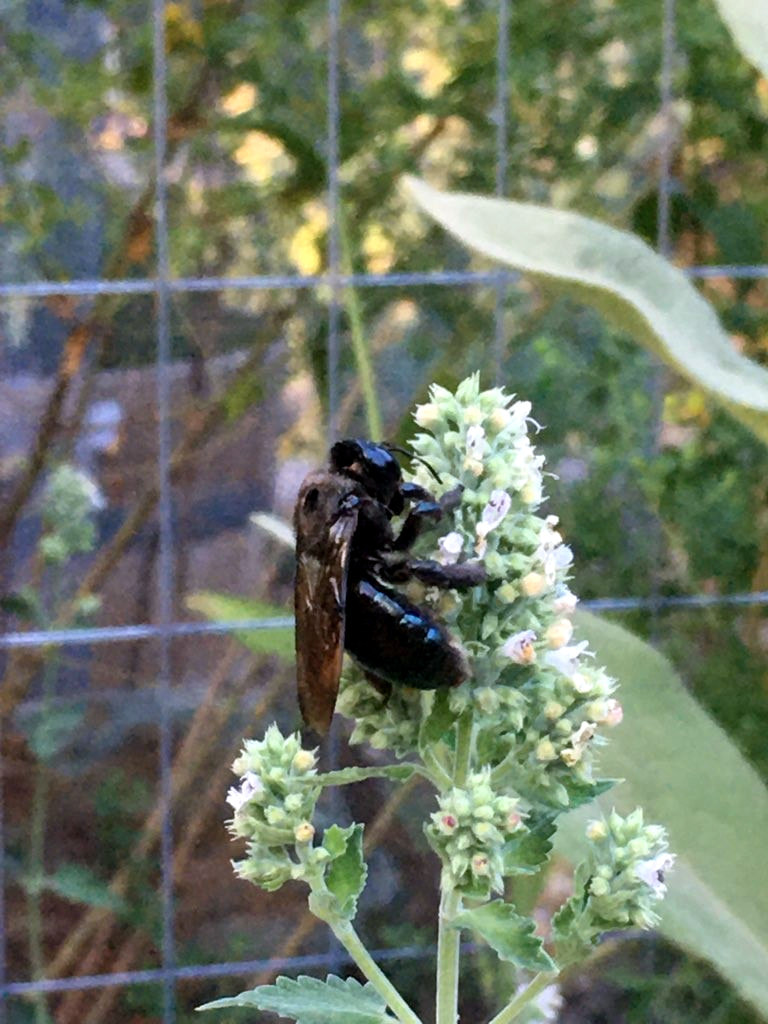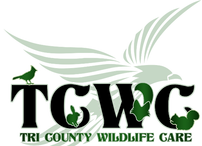Save the Bees!
There are more bees than just honey bees.
When you think of bees, what kind of bee do you think of first? Honey bees, right? There are more than 4,000 native species of bees in the United States. And more than 20,000 around the world. Sweat bees, bumble bees, long-horned bees, miner bees, mason bees and leafcutters bees are just a few of our native bees. The honey bees you thought of first are not native, they came from Europe.
Pollinators, including bees, are responsible for one out of every three bites of food we eat. Due to clear cutting forests, trees lost to fires, expanding urbanization, our native bees are losing habitat. But you can help, right in your own backyard.
When you think of bees, what kind of bee do you think of first? Honey bees, right? There are more than 4,000 native species of bees in the United States. And more than 20,000 around the world. Sweat bees, bumble bees, long-horned bees, miner bees, mason bees and leafcutters bees are just a few of our native bees. The honey bees you thought of first are not native, they came from Europe.
Pollinators, including bees, are responsible for one out of every three bites of food we eat. Due to clear cutting forests, trees lost to fires, expanding urbanization, our native bees are losing habitat. But you can help, right in your own backyard.
Build a bee hotel. Think of it as a B&B for Bees. Mason bees and leaf-cutter bees can use your hotel to build a nest.
Your homemade bee hotel will likely attract mason bees. Mason bees are “solitary bees” as they do not gather in hives. After mating, the female bee does the rest on her own. These bees use mud to make compartments in hollow reeds, holes in trees or in other wood that have been made by wood boring insects. She will lay an egg in the hole, add some food for the larvae, then seal the hole with mud and go on her way.
All you need is untreated wood, a stake to support the hotel, and a drill. Your hotel can be as small or big, as simple or elaborate as you like. Remember, these are solitary bees. You will not be attracting a “swarm” of bees. And these bees will not sting you. But these bees are important pollinators, too, just like the honey bees.
Your bee hotel should be placed away from heavily trafficked areas of your yard and facing the sun. In time, the eggs will hatch, eat the food left by the adult, chew their way though the mud seal, and fly into your garden the next spring. Fill your garden with native plants that produce pollen and nectar and the bees will stay close by helping to pollinate your vegetable garden.
Here you will find directions for creating your bee hotel.
Tri County Wildlife Care, a local nonprofit started in 1994, is dedicated to the rescue and rehabilitation of our native wildlife and helping our community live in balance with wildlife. They envision a world where wildlife and people thrive together. For more information call (209) 283-3245, or visit pawspartners.org.
Your homemade bee hotel will likely attract mason bees. Mason bees are “solitary bees” as they do not gather in hives. After mating, the female bee does the rest on her own. These bees use mud to make compartments in hollow reeds, holes in trees or in other wood that have been made by wood boring insects. She will lay an egg in the hole, add some food for the larvae, then seal the hole with mud and go on her way.
All you need is untreated wood, a stake to support the hotel, and a drill. Your hotel can be as small or big, as simple or elaborate as you like. Remember, these are solitary bees. You will not be attracting a “swarm” of bees. And these bees will not sting you. But these bees are important pollinators, too, just like the honey bees.
Your bee hotel should be placed away from heavily trafficked areas of your yard and facing the sun. In time, the eggs will hatch, eat the food left by the adult, chew their way though the mud seal, and fly into your garden the next spring. Fill your garden with native plants that produce pollen and nectar and the bees will stay close by helping to pollinate your vegetable garden.
Here you will find directions for creating your bee hotel.
Tri County Wildlife Care, a local nonprofit started in 1994, is dedicated to the rescue and rehabilitation of our native wildlife and helping our community live in balance with wildlife. They envision a world where wildlife and people thrive together. For more information call (209) 283-3245, or visit pawspartners.org.


